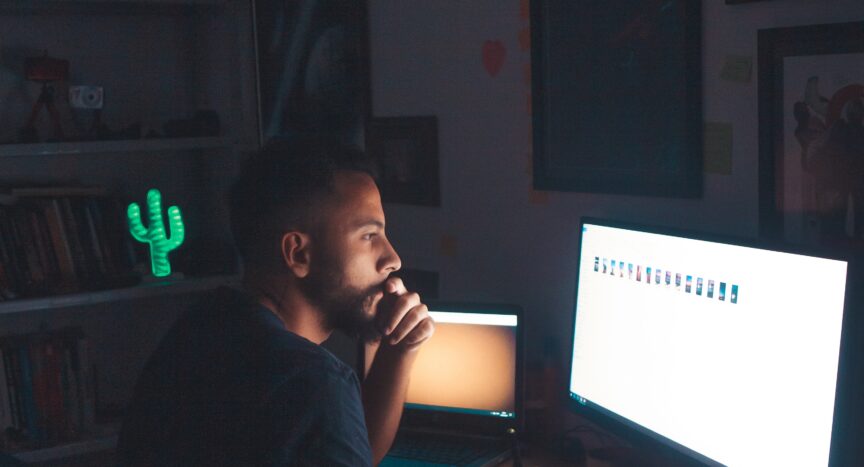A recent study conducted by investigators at Brigham and Women’s Hospital has delivered a significant message to night owls. The research suggests that individuals with a propensity for later sleep and wake times not only lead less healthy lifestyles but also face a higher risk of developing diabetes compared to their early-riser counterparts. The study’s findings have been published in the Annals of Internal Medicine.
The term “chronotype,” often associated with circadian preference, pertains to an individual’s preferred sleep and wake timing, which can be partly influenced by genetics and might be challenging to alter. Dr. Tianyi Huang, the corresponding author of the study and an associate epidemiologist in Brigham’s Channing Division of Network Medicine, stressed that those who identify as “night owls” should be more vigilant about their lifestyle choices, as their evening chronotype could elevate their risk of type 2 diabetes.
Previous research by these investigators had already identified a connection between irregular sleep patterns and an increased risk of diabetes and cardiovascular diseases. Furthermore, they had observed that individuals with evening chronotypes were more likely to exhibit erratic sleep schedules. The current study aimed to explore the relationship between chronotype and diabetes risk while taking lifestyle factors into account.
The research team analyzed data from 63,676 female nurses participating in the Nurses’ Health Study II, collected from 2009 to 2017. The study included assessments of self-reported chronotype (whether participants considered themselves evening or morning people), diet quality, weight, body mass index (BMI), sleep timing, smoking habits, alcohol consumption, physical activity, and family history of diabetes. Diabetes status was determined through participants’ self-reports and medical records.
The Nurses’ Health Study II, conducted jointly by Brigham’s Channing Division of Network Medicine and Harvard T.H. Chan School of Public Health, stands as one of the most comprehensive investigations into risk factors for major chronic diseases in women. Its strength lies in regular follow-ups with participants and repeated assessments of health and lifestyle factors.
Approximately 11 percent of the participants identified as having a definite evening chronotype, while around 35 percent considered themselves definite morning chronotypes. The remaining participants, roughly half, fell into the “intermediate” category, signifying that they leaned neither significantly towards being morning nor evening types or only slightly favored one over the other.
The study revealed that having an evening chronotype was associated with a 72 percent increased risk of diabetes before accounting for lifestyle factors. Even after adjusting for these factors, an evening chronotype was still linked to a 19 percent increased risk of diabetes. Notably, among individuals with the healthiest lifestyles, only 6 percent were evening chronotypes, while among those with the unhealthiest lifestyles, 25 percent identified as evening chronotypes.
Individuals with evening chronotypes were found to be more likely to consume higher quantities of alcohol, maintain a low-quality diet, sleep fewer hours per night, currently smoke, and exhibit unhealthy weight, BMI, and physical activity levels.
In conclusion, this study underscores the importance of chronotype in assessing diabetes risk and highlights the role of lifestyle choices in mitigating this risk. Night owls may benefit from adopting healthier habits to reduce their chances of developing type 2 diabetes.








Customer Reviews
Thanks for submitting your comment!